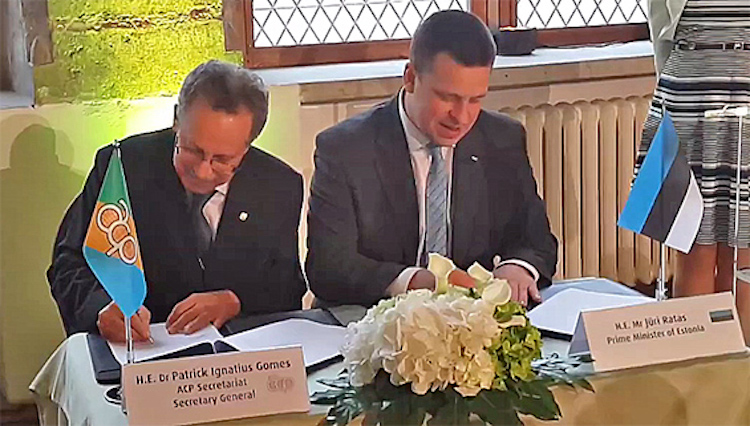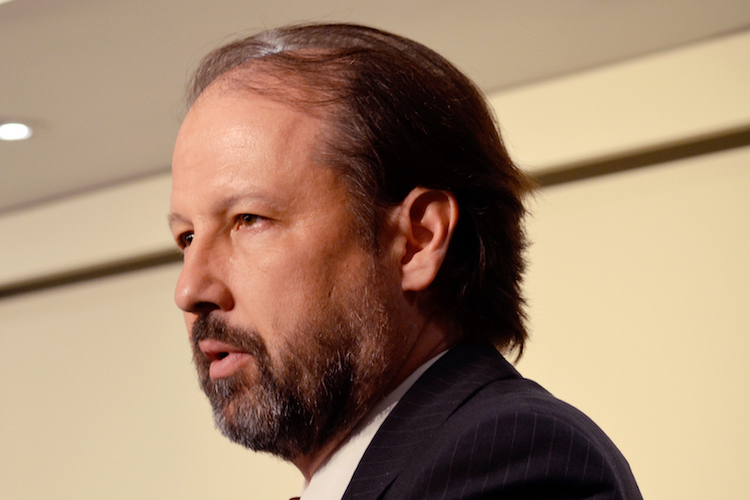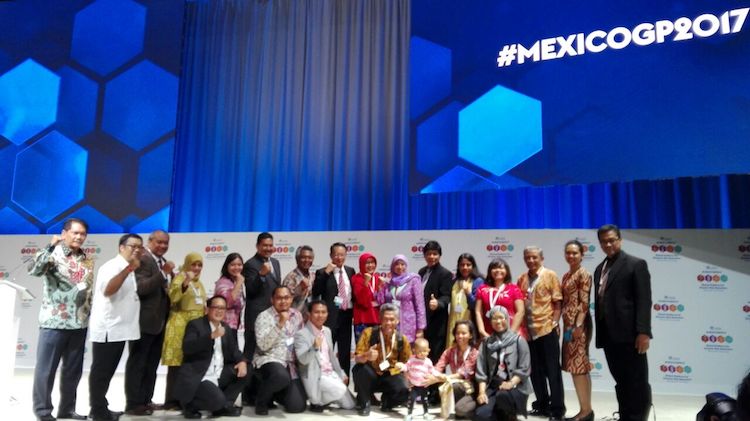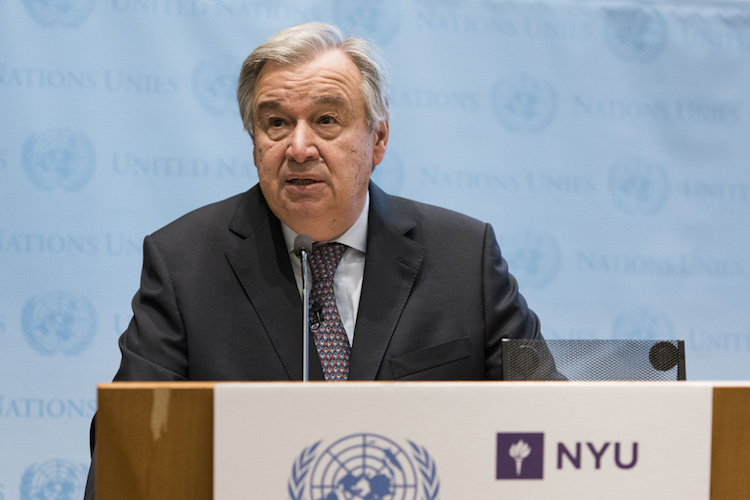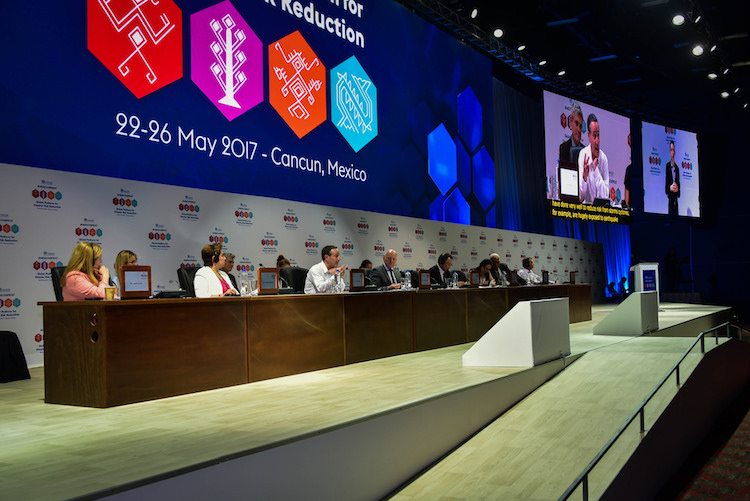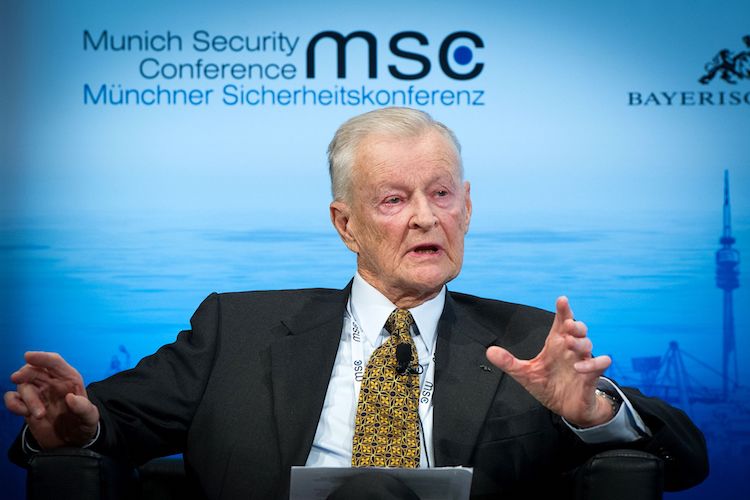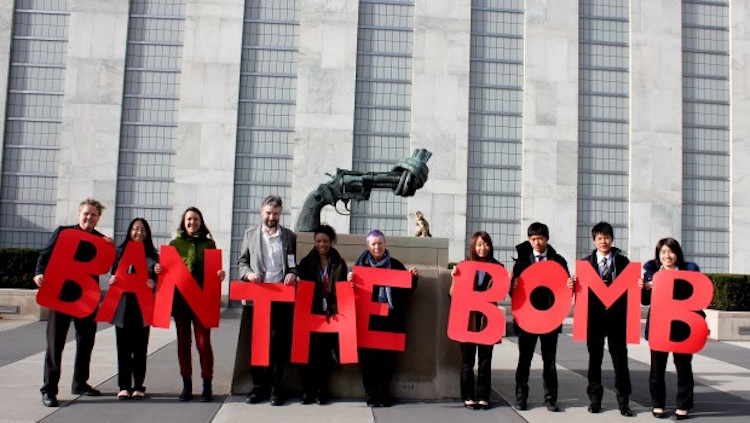By Sergio Duarte, Ambassador, former High Representative of the UN for Disarmament Affairs*
NEW YORK (IDN) – The timely release of the draft Convention on the Prohibition of Nuclear Weapons by President Elayne Whyte-Gómez well in advance of the start of the second part of the negotiations will permit delegations from Member States and participating non-governmental organizations as well as interested institutions and individuals to study the text and come to the United Nations on June 15 fully prepared to contribute to the finalization of the Convention.


